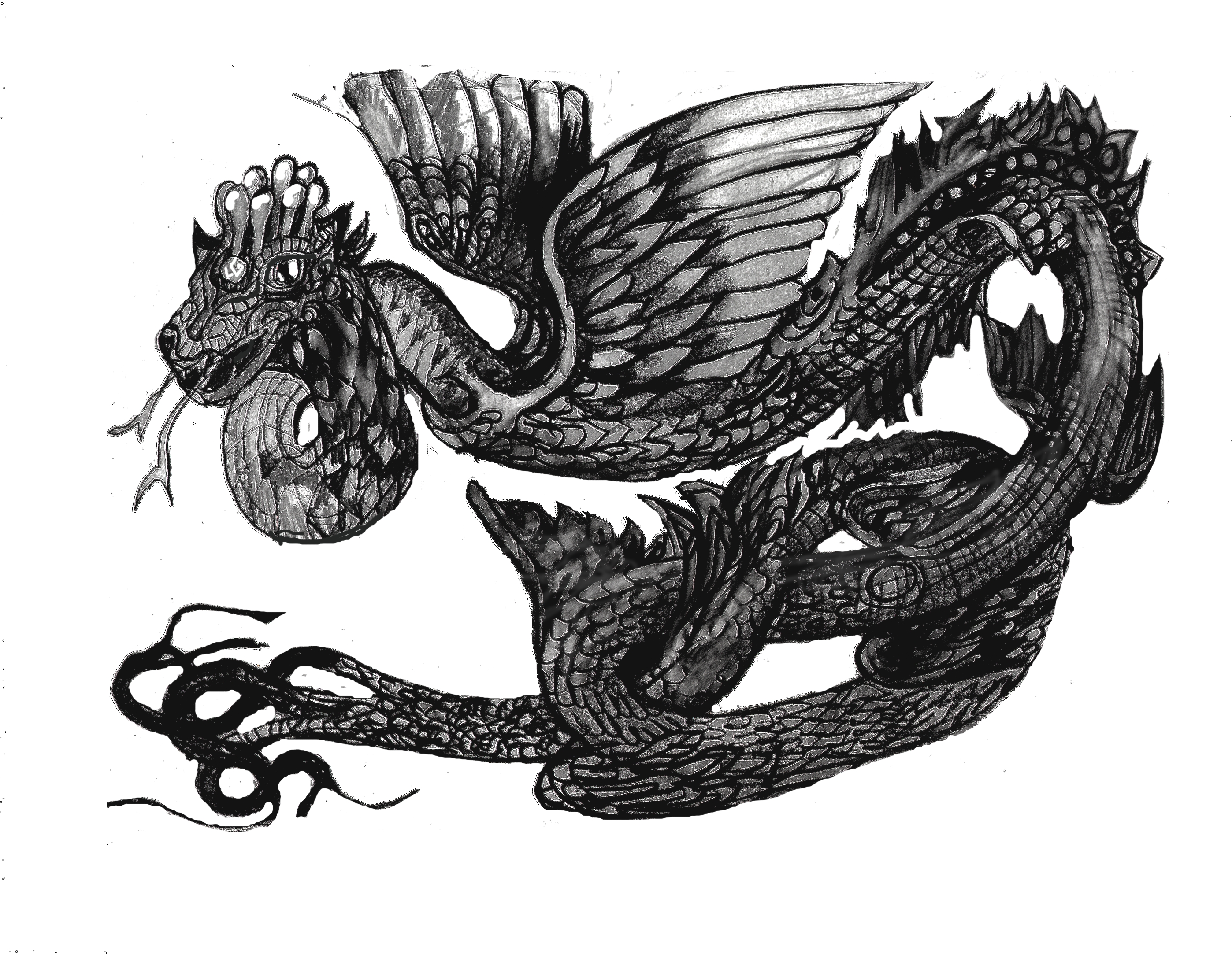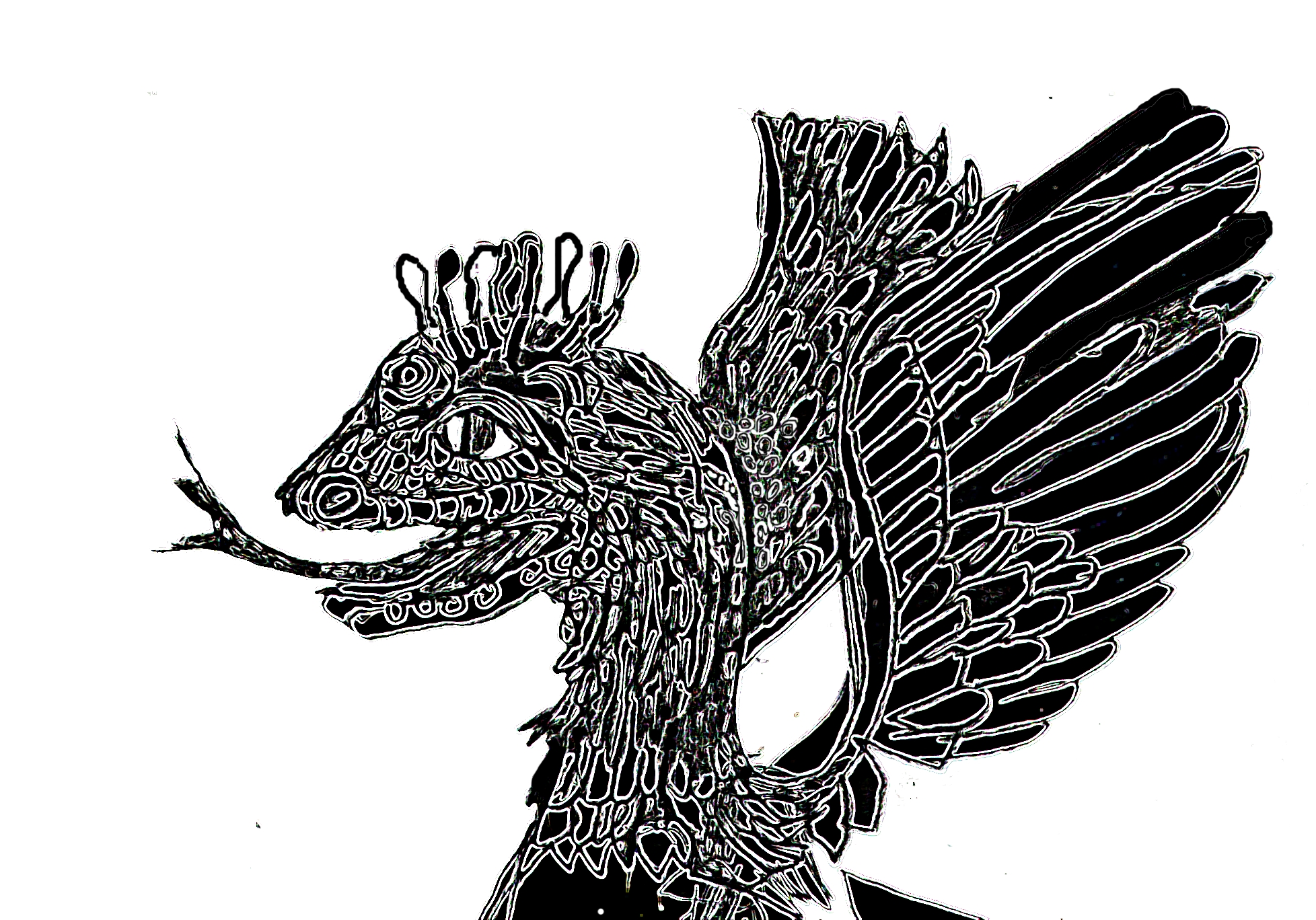The 45th Skołotia – denotes – entirely Z Kołaka, which means coming from the blood and taken from the power of king (king = król)-kagan-tyrs-tzar (czar). It indicates coming from the law of Kołak as the first king of New Koliba.
Skołotia – also means – taking its rights, knowledge, rituals, faith and custom as well as recognising the true ruler, the deputy, incarnation of god on Earth – all that derives from the roots of Old Koliba. In other words, it means the land taking and measuring the continuum of faith and law from the old Kołb and Kołbiel-Bauba – first earthy rulers-priests of Zerywani tribe in the Old Koliba.
Skołotia – means from Kołak and Kołb anointed by gods, solely from the gods whom Skołotia can worship and to whom it can give a part – i.e. a share and contributions. The Part called the share (dział) is the sacrifice for gods in the form of kładziwo (the sacrifice of koło-dział <circle-share>, part and adoration for Koło Dziewsowy and originating from Koło Diewsowy, which means coming from Gods). The part called contribution denotes the sacrifice of the part of the share for the ruler. These Gods being in the divine Koło (divine Circle) at Wela are worshipped not only with a gift but also with a circular dance, i.e. with the Koło (Circle) and they are crowned with koła (circles) made of flowers and herbs – wreaths (wreaths – wienie – wieńce).
Skołotia – implies the land of Native Faith, the land which belongs only to the gods that came from Kołodź, i.e. Kłódź Welańska which means Twer Swąt, the House of God of Gods, Father of Fathers – the Only Creator of the Whole World.
Skołotia is nothing but the later Skołowinia-Skołwinia, which means Skołowenedia (Skołwene) Sołodwia, Soudawia, Sołdowia, Sołowja. Skołoci (Scolotians), pronounced Skouoci and Suouoci (Słowocy – people using the word <word = słowo>, i.e. people speaking their language which is understandable. These people are known to chronicles of Romaiōi as Scyths / Scythians).
Skolotians, Veneti and Slavs are one and the same – not only in terms of the same people, but also as the same name, denomination. All the names originate from the same Holy Giver of the Laws of the World, from Kłódź, but they are the names emphasising three slightly dissimilar aspects of the same, and also three different historic events.
The first name, probably the oldest (but not necessarily) yet for sure recorded earliest of all the three accentuates Kłódź as a link and bond derived from here, as well as adoration (faith) and the law educed in this way. The name is Skołoci (Scolotians). It was used in chronicles with respect to the defined tribe, as the denomination of the community living in south-east and east areas of ancient Europe and the same south-east lands of the Sis Kingdom (otherwise known as Wielka Skołotia <Great Skołotia> and later on Wielka Sarmacja <Great Sarmatia> ).
The second name emphasises the roots of faith and the Tree of Trees (Drzewo Drzew – from which comes the meaning of ancient <prastary> – drewy, drzewy and tribal denominations Drzewianie or Derewlanie). The Tree of Trees – Drzewo Drzew – is also the Tree of Gods (Drewo Dewów). This name signifies the Gift of Gods (Wiano Dewów) and additionally that these people come from, and comply with the laws given to them by givers of wena (dawcy weny) – Weny Dawcy, Weni Dawców – givers of air and givers of life (uwene, owini, uwicie – vitalisation, creation) – Uwene Dawów, which again means children of gods (dew-twa {dzia-twa = children}, dew-ło {dzie-ło = creation}, dew-skie {dziew-skie = of God, divine), children of Gods of Kłódź. Yet, the stress is here more on gods-dewowie and the Tree of Trees (Drzewo Drzew) and Drzewo Drzew ową Wierżbę-Weń (wierżba – willow) from which these people were picked (picked – zerwani), i.e. from which Zery-wani were born. Zery-wani indicates not only that they were zerwani (picked), but it also implies that they arose from a fiery tree- zeri (s-ger, s-gor, s-har, s-żar) wane and that they came into being from Wiecha-Wenika, from Swąt’s Branch. Wiano – wene signifies Wenedowiea (Veneti), but also secondarily, as usual, when holy meanings double, triple or quadruple, from water (od wody) – Wądowie and wiedy (wieda – knowledge, initiation) – Weda the holy Book and wen – gods’ gift in the form of volatile thought, and wenia – air, smell of incense, wen – (włękit) <włękit – błękit – sky-blue colour> of divine blood, noble men’s and warriors’ blood – ichor. The name Wenedowie (Veneti) – in relation to specified people was used for ethnic community living in the areas mostly situated in the west and north of Slavic-Ist (Ist – Being) Europe.
The third name and, at the same time, the most contemporary one used in records from the Vth century AD and known till present is Słowianie, recorded by Romaiōi as Sklavene (Skłowene). This name combines two previous names into one Skoło-Wene which denotes Skołoto-Wenedowie (Scolotian-Veneti), Słowianie (Slavs), Suo-wene, i.e. Suorożiczi Wene, according to legends – Słońca Wiano (the Sun’s Gift) which means Children of the Sun – Swarożyca Wiano (Swarożyc’s <Svarozic’s> Gift). Swoi, Słowi – those who speak, whom people can understand, in other words Sołwianie. The same, Wiano Swąta-Suąta (Suont Wiano) <wiano – gift; the gift of Swąt-Suąt>. The name Słowianie (Slavs) is obvious and dervided from the Slavs themselves and their Native Faith from the oldest stories of the Tale, beliefs about the Slavs’ own origin as well as about the origin of the world. Such dimensions and meanings of the Faith of Nature contain these words (apart from others which can be deduced from them), and they also express the symolic Slavic wieńce, zwieńczenia, wiechy (wreaths, panicles). This denomination emphasises the time in the history of Slavdom when it moved its central hubs from Stara Koliba (Old Koliba) to Nowa Koliba (New Koliba) – Lęgia – for the time of War for the Mystery and after the defeat of Zerywani and their marvellous survival in the cave of Lęg by Gods of Heaven (Sołowie) and Swarożyc (Svarozic) – where their name comes from – the Children of Swarożyc, Wiano Swarożyca the Gift of Swarożyc) and Wiano Słońca (the Gift of the Sun) – Słowianie. The name was used for peoples who were located in the middle, between east Scolotians and west Veneti in the Sis Kingdom. Contemporarily this denomination relates to all the descendants of the Sis Kingdom and their lands.
This is where they originate from, who they were and where they were, and since when they have been and what they represent – today’s Slavs. Here they are – Skołoci (Scolotians), Skołowici, Skłowici, Skłoweni, primarily recorded in the chronicles of Romaiōi as Sclavini (Skławini), and then as Slovene (Słowene) and Venedawe (Venedae) Wenedawie, later Wędowie. The mythical, known to the Romaiōi first ruler of Scolotians (Scyths / Scythians) – Kolaksais means Kołak książe (Kołak duke) – Kołak-ksais (lkśniący, łyszczący, ©łyszczący blaskiem księżycowym, ślący promienie, – glistering, radiant, shining with moonlight, sending rays, ), Kołak-ksołs which denotes Syn Kłódzi (the Son of Kłódź), Syn Sołów (the Sun of Sołowie) – of the Gods of Heaven, Syn Sołu (the Son of Soł) – Słońca (of the Sun), Syn Swarożyca (Swarożyc’s Son) – the Sun Shield Bearer, in other words just Kołak Król (King), and also – swois – swój (our, their), using the word (word – słowo), made of gods – of soł, of divine blood, the ruler of Swoiwene – (of Slavs – of Słowianie). Hence, till present there have been such words as soł-tys(soł-tyrs) – a district chief, sołectwo – a district area managed by the local chief.
a Wenedowie (Veneti) and any information about Wenedonia, Winidonia, etymologies and lands taken refer to – SSS t. 6 page 369, 372 – 378.
b By careful analysis of the names and chroniclers’ records, denominations in north Asia (Asia Minor) and the whole Europe (Land) you can study the history of the Slavs. You can also make a different theory that the Holy Books of the Faith of Nature give us. All in all, agreeing or disagreeing with the books, the youngest name – if we accept the variety of the time when the mentioned names started to exist and when they were used – the designation of Słowianie means that they are the people who arose from the intermingling of Scolotians and Veneti, and then the element which was added to that was of Serbo-Mazowie, i.e. Sarmatian-Amazon. Not only is it consistent with the chronicles and archeological data, but it also agrees with linguistic facts, linguistics and the data resulting from genetic discoveries in recent years.


